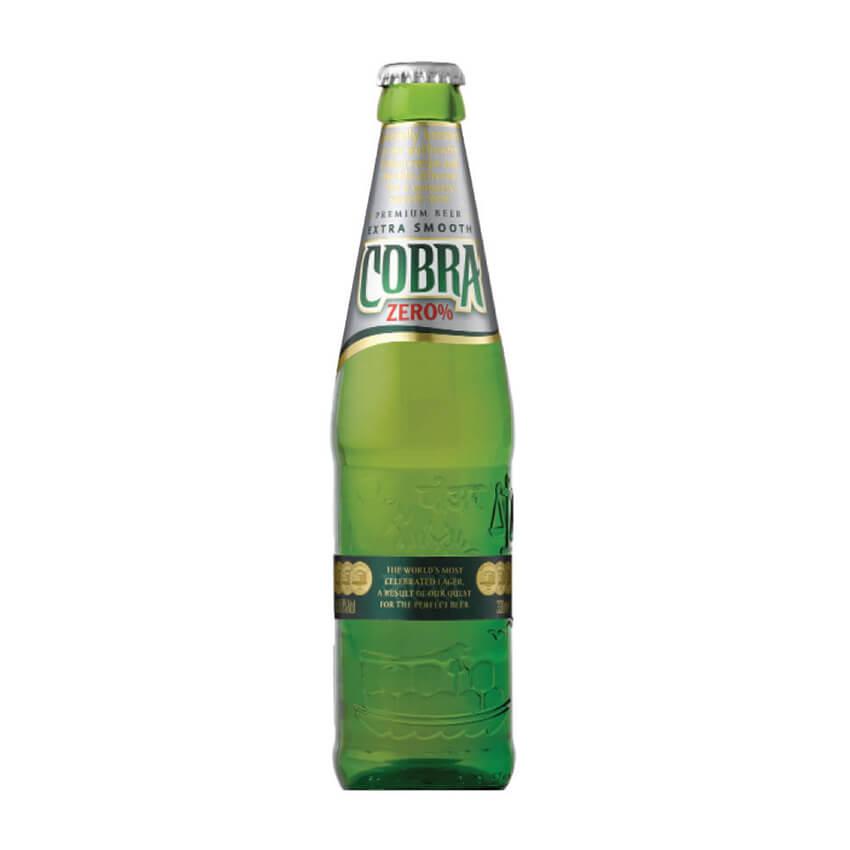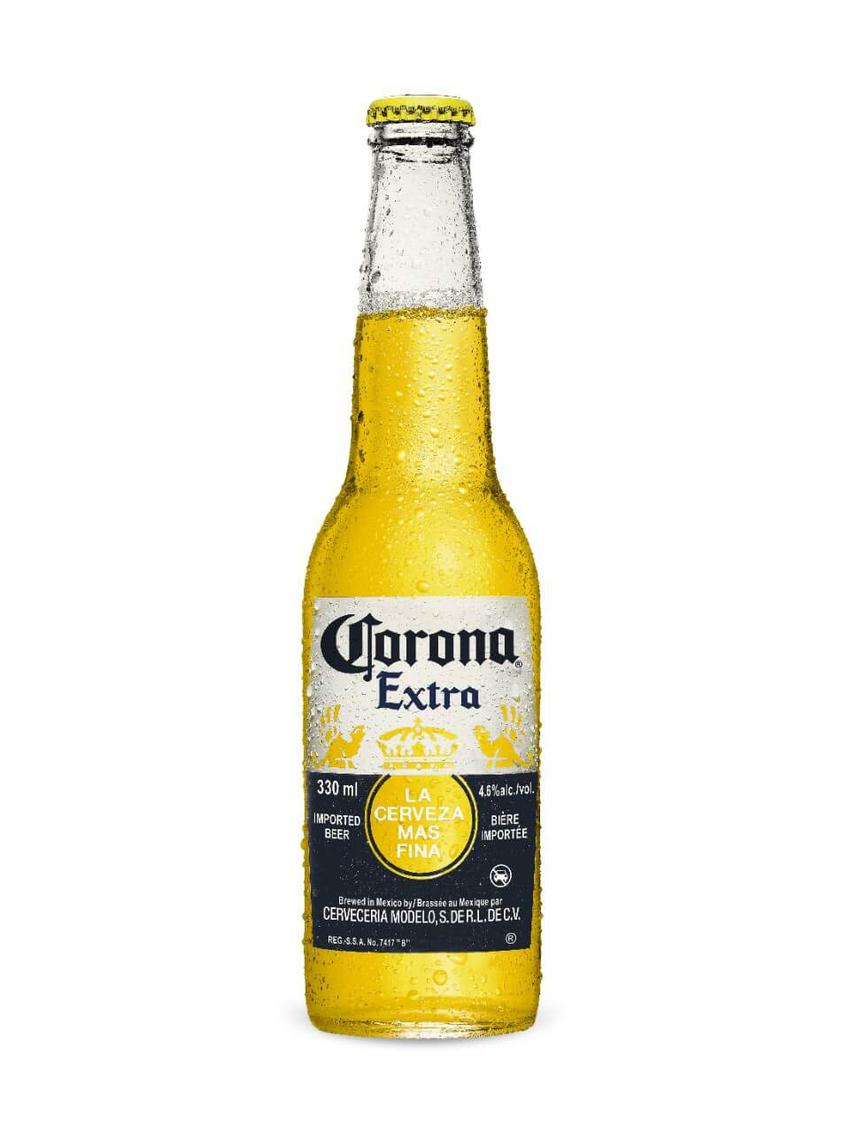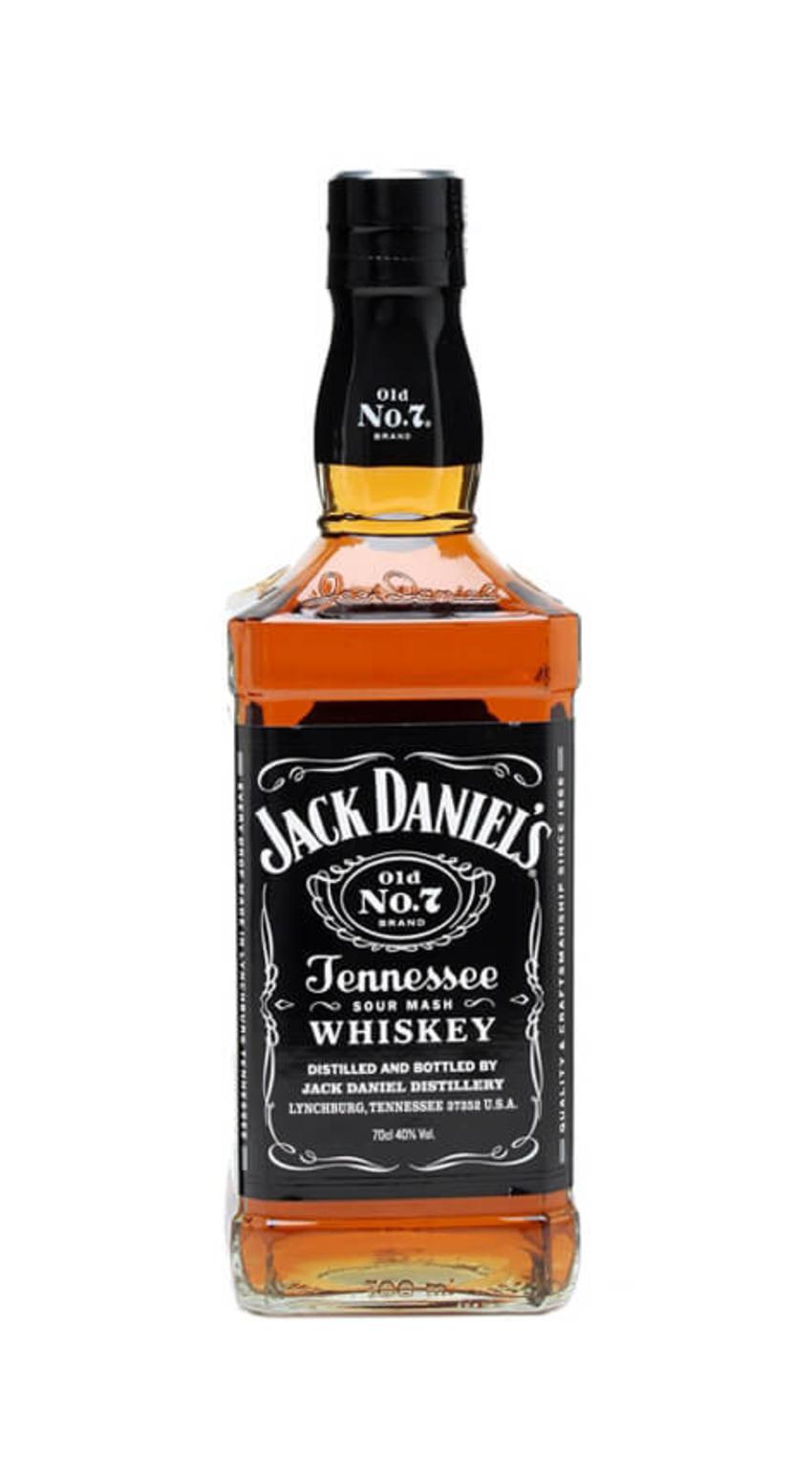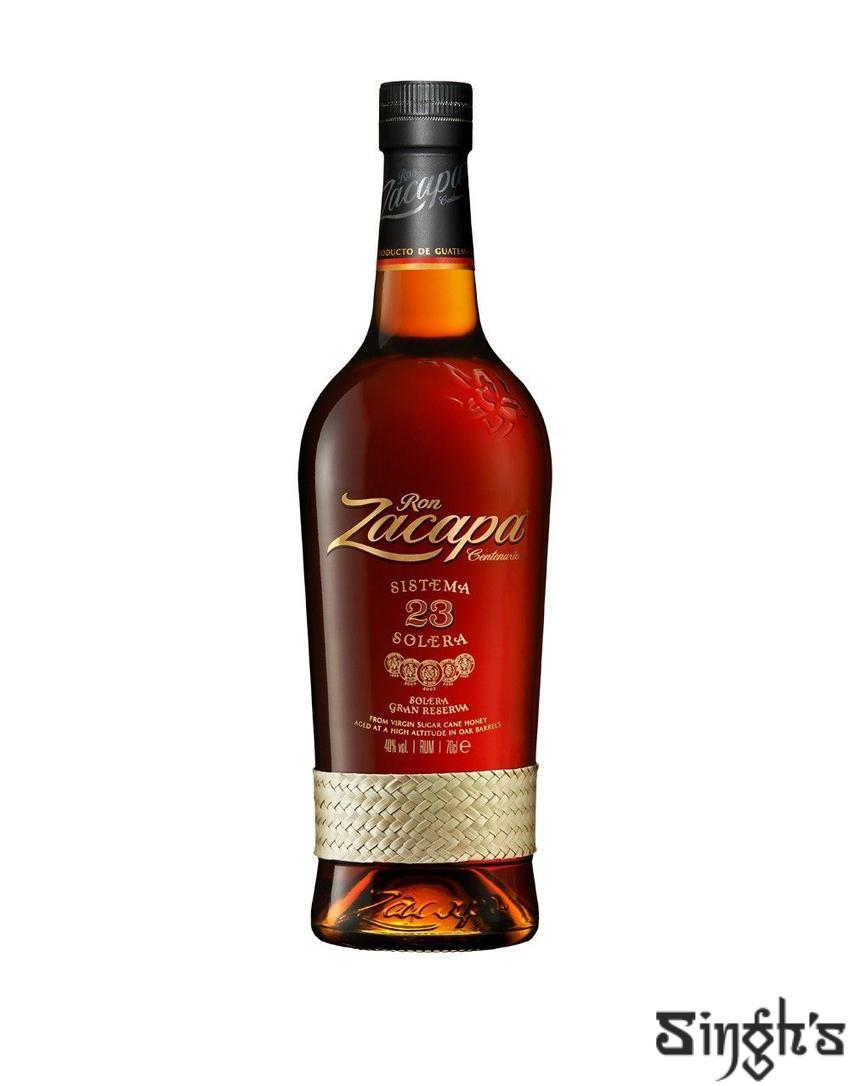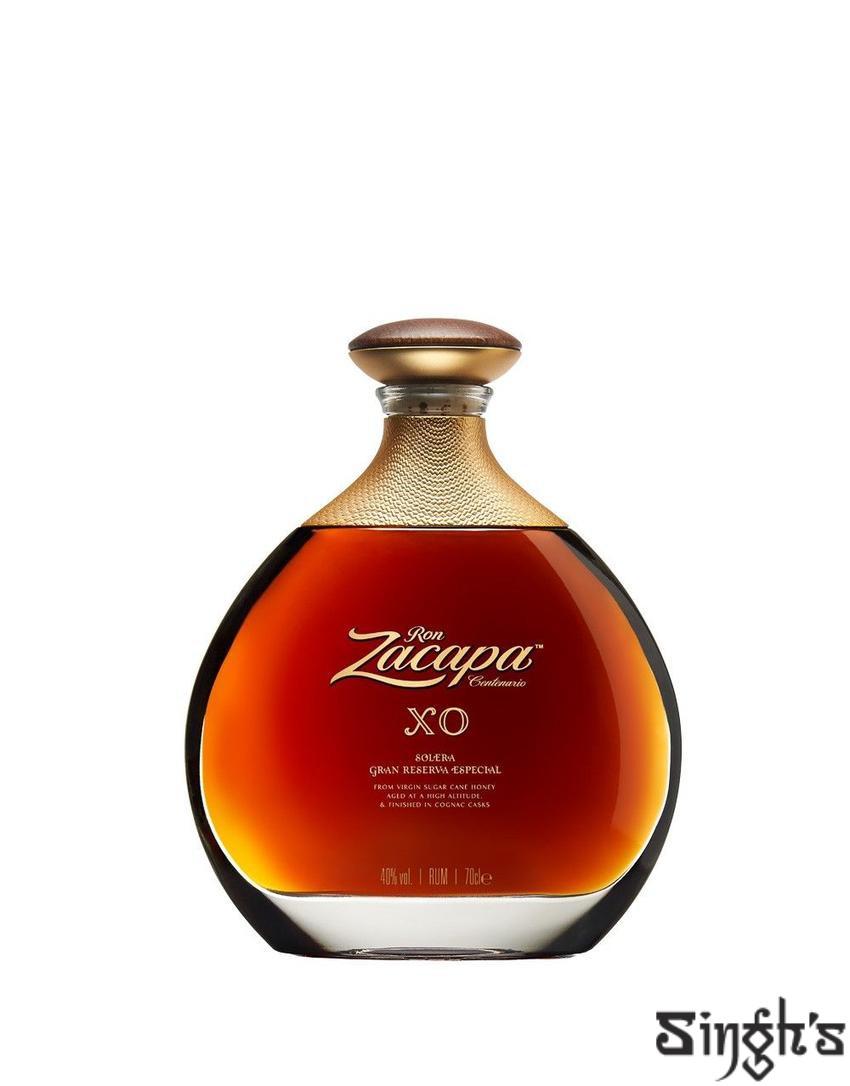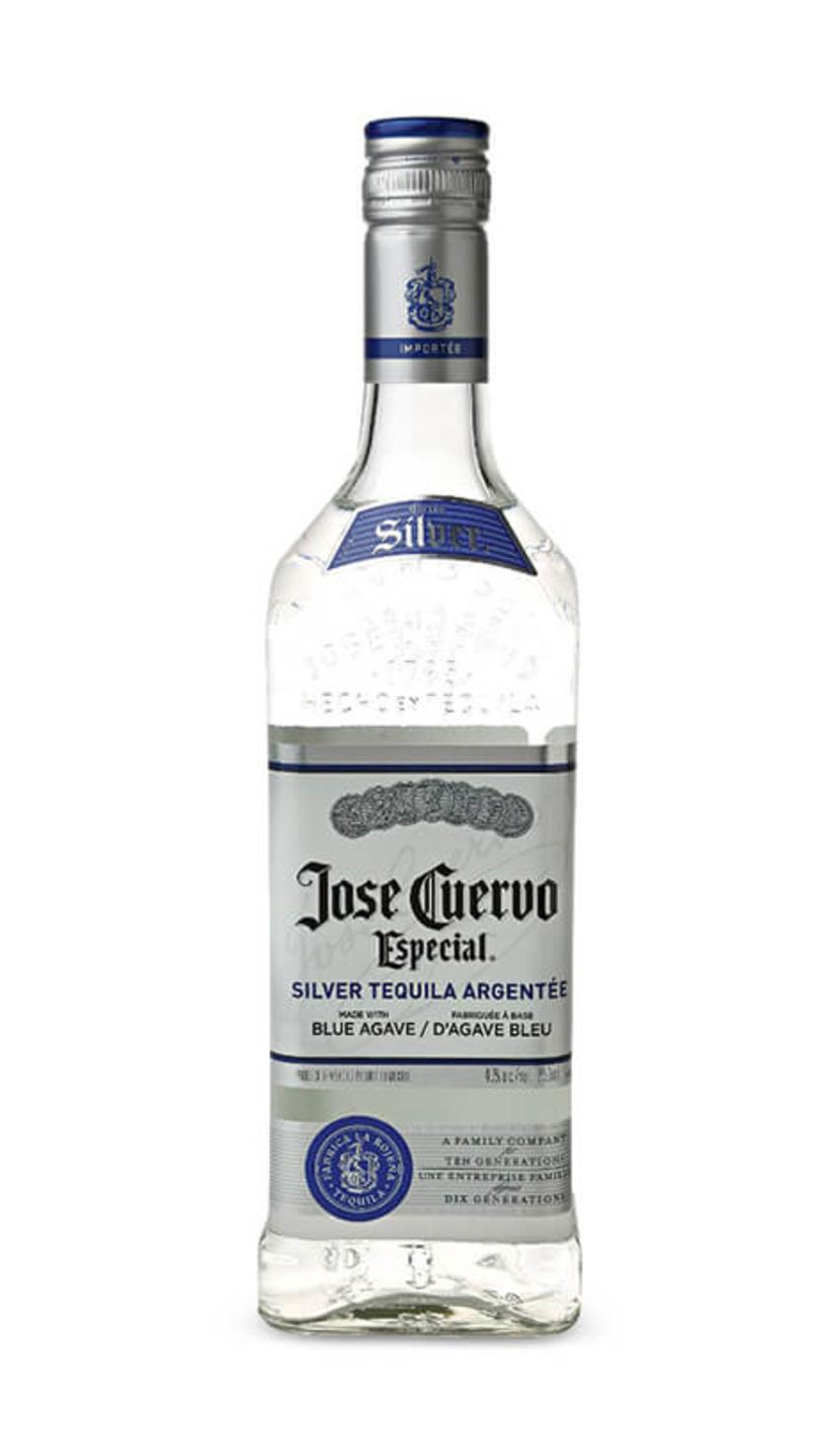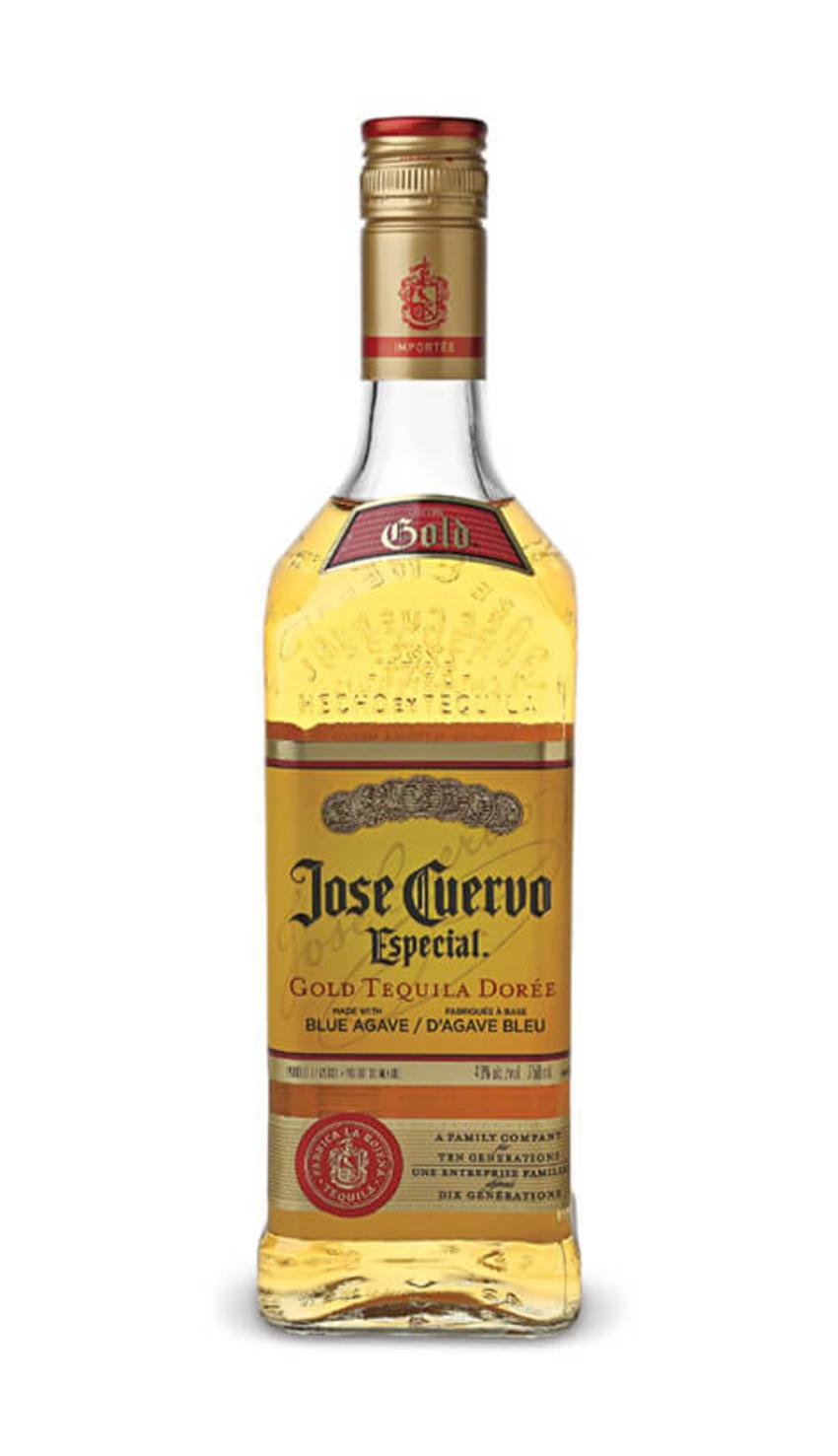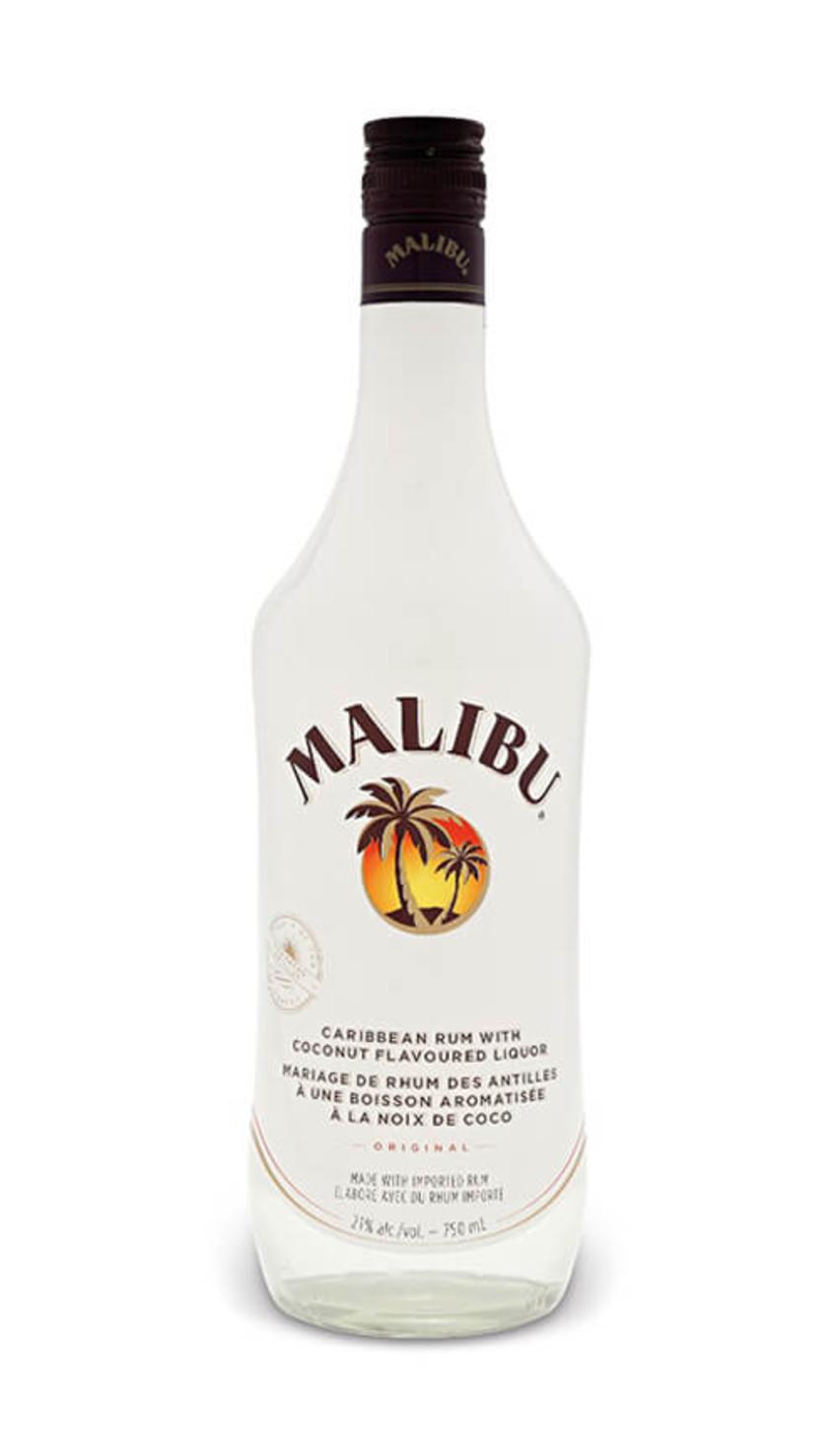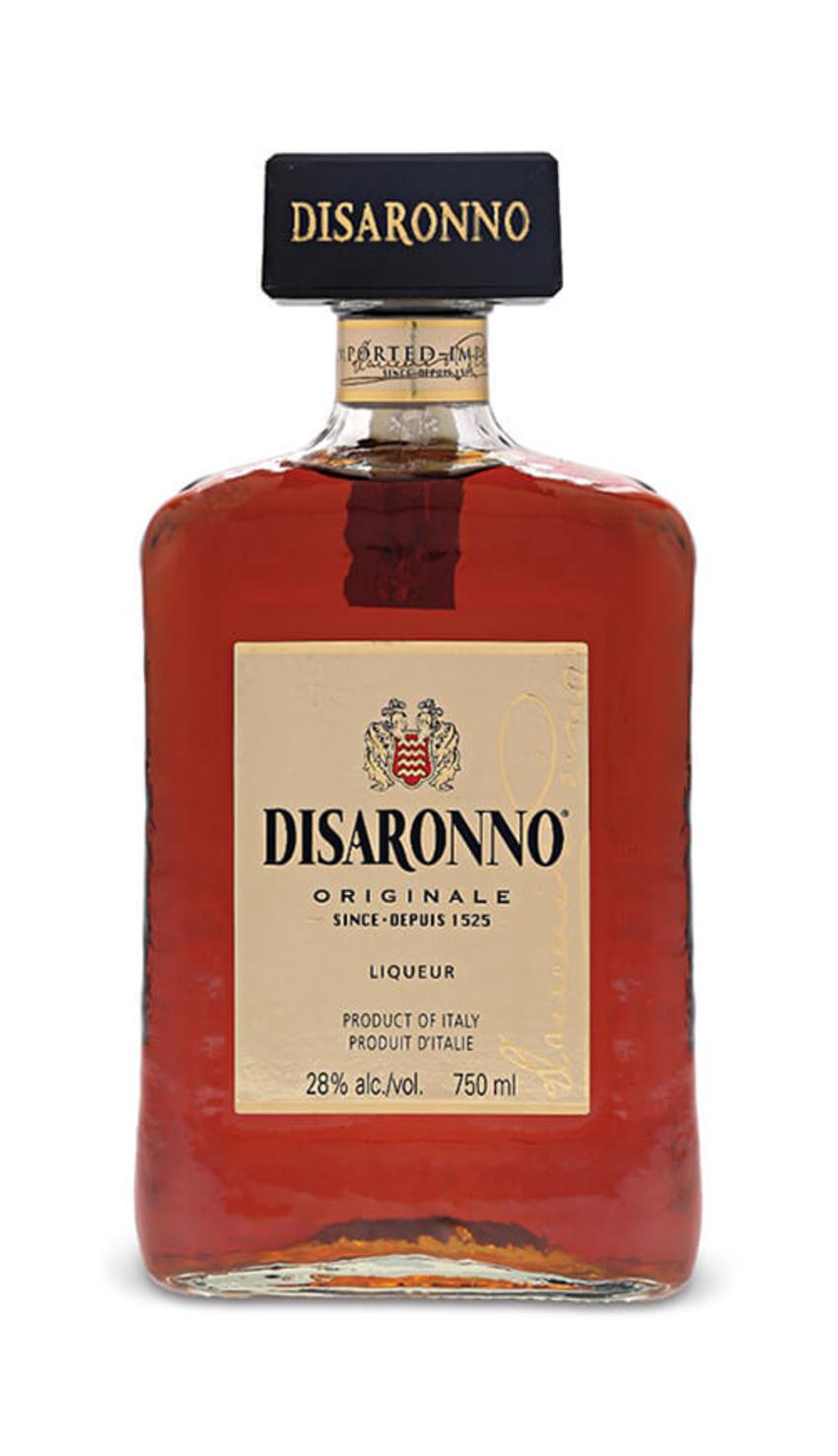Content
She is a financial therapist and transformational coach, with a special interest in helping women learn how to invest. That may change, however, and even with all of the work being put into Bitcoin’s layer-2 solutions, Bitcoin Cash’s scaling may lead to it surpassing Bitcoin one day. Bitcoin Cash also operates on the same proof-of-work difference between soft fork and hard fork consensus mechanism as Bitcoin, utilizing what is called a Secure Hash Algorithm (SHA).
Popular Tokens on the Bitcoin Cash Chain
Bitcoin Cash was started by Bitcoin miners and developers equally concerned with the future of the cryptocurrency and its ability to scale effectively. However, these individuals had their reservations about the segregated witness feature. It began as a payment method outside the control of governing bodies or other third parties. Bitcoin Cash is a cryptocurrency created from a Bitcoin blockchain fork, which occurs when users resist change or Cryptocurrency reprogram a blockchain to operate the way they want it to. Bitcoin Cash forked in 2017 after developers disagreed about the direction Bitcoin was taking. It was created to speed up transaction times and maintain a position as a payment method.
- The last halving occurred on April 3, 2024, and reduced the reward to 3.125 BCH.
- Bitcoin is a decentralized digital currency, without a central bank or single administrator.
- David has been deeply involved with the cryptocurrency industry since 2017.
- The point we are trying to make here is that Bitcoin Cash is less likely to experience the size of price gains that other, more popular cryptocurrencies are expected to see.
What Is Bitcoin Cash (BCH), and How Does It Work?

This dynamic can potentially lead to network splits if upgrades are not universally adopted. Additionally, Bitcoin Cash has experienced at least one significant network split, leading to the creation of Bitcoin SV (BSV), highlighting the ongoing debates and differing visions within its community. On the 20th of December 2017, just a few months after the hard fork, the Bitcoin Cash reached a peak price of $4,355. Shortly after the peak price point was reached, the cryptocurrency entered https://www.xcritical.com/ into a year-long bear market, which took its value down to $78 (-98%).
Which factors might influence the Bitcoin Cash live price?

They also made it possible to start developing smart contract technology for Bitcoin Cash. Since the development community could not agree on a single solution, a hard fork was introduced. But for the new cryptocurrency to really come to life, it had to amass a following.
How Is Bitcoin Cash (BCH) Secured?
Contracts for difference (CFDs) is one popular method for trading cryptocurrencies like Bitcoin and Bitcoin Cash without owning the underlying asset. In CFD trading, traders can speculate on the Bitcoin price movements instead of buying the Bitcoin cryptocurrency. The philosophical differences between the Bitcoin and Bitcoin Cash communities are rooted in their visions for the future of cryptocurrency. On the other hand, Bitcoin Cash has developed the Simple Ledger Protocol (SLP), allowing developers to issue tokens on its blockchain, similar to how tokens are created on the Ethereum network.
Storing and managing tokens on a blockchain provides greater transparency and integrity than traditional forms of asset accounting and trading. Bitcoin Cash supports token protocols that power a variety of projects, and it is easy to create your own token backed projects. In July 2017, mining pools and companies representing roughly 80% to 90% of Bitcoin computing power voted to incorporate a technology known as segregated witness (SegWit). Signature data was estimated to account for a large amount of data processed in each block, so this was not an insignificant technological shift. Bitcoin Cash was created in 2017 when developers disagreed on the route Bitcoin should take to address emerging issues with the blockchain. By June 2017, fees hit more than $5 before fluctuating and skyrocketing to over $54 in December.
Its large market capitalization and established reputation may provide a stable foundation for speculation. However, traders should be aware of the potential for high transaction fees and slower processing times. One of the most significant differences between Bitcoin and Bitcoin Cash is their block size. Bitcoin’s block size limit is 1 megabyte (MB), which restricts the number of transactions that can be processed per block. Bitcoin Cash was created as a peer-to-peer alternative to Bitcoin, in that it can be used in everyday transactions rather than as an investment, which Bitcoin is typically used for. It was first introduced in 2017 thanks to a hard fork in the Bitcoin blockchain.
The only downside to Bitcoin Cash is that it failed to gather the attention and involvement it needed from the cryptocurrency community and investors after it was created. This is likely due to the fact that Bitcoin has the first-mover advantage, which established its dominance. The Bitcoin code was altered to account for this development, while at the same time, it was changed so that Bitcoin blocks were no longer limited to 1MB. Blocks gained a change called block weight, which could scale up to 4MB.
Bitcoin supporters tend to emphasize its role as a store of value and focus on maintaining a secure and decentralized network, even if it means slower transaction times and higher fees. They believe that second-layer solutions like the Lightning Network can address scalability issues without altering the fundamental protocol. To create tokens on the Bitcoin blockchain, projects must utilize the Omni layer, a platform designed for developing and trading custom digital assets and currencies.
From exchange services to peer-to-peer platforms, this is your comprehensive guide to selling Bitcoin Cash into local currency. On top of that, the ever-increasing demand for cryptocurrencies that can handle transactions in a quick and cost-effective manner certainly brings BCH much value. The Bitcoin ABC software that would then create Bitcoin Cash was first revealed in June 2017.
Whether Bitcoin Cash is ‘better’ than Bitcoin depends on your needs and goals. Bitcoin Cash offers faster, cheaper transactions, making it more practical for everyday purchases. On the other hand, Bitcoin is more widely accepted, has a larger market cap, and is seen as a store of value, often referred to as ‘digital gold’, which appeals to long-term investors. Which is better ultimately depends on whether you prioritise daily use or long-term investment. As of October 2024, BCH remains a significant player in the cryptocurrency market, often ranking among the top cryptocurrencies by market capitalisation. Its recent price movements reflect both ongoing technological advancements within its network and broader trends affecting digital currencies globally.
Bitcoin’s blockchain had scalability issues because it could not handle the increased number of transactions. The confirmation time and fees for a transaction on Bitcoin’s blockchain surged. This was mainly due to the 1MB block size limitation for Bitcoin blocks. Transactions queued up, waiting for confirmation, because blocks could not handle the increased number of transactions the network was experiencing. Bitcoin Cash (BCH) is a cryptocurrency that was created and launched to bring decentralization back to cryptocurrency. It is the result of a 2017 Bitcoin “hard fork,” which occurs when an existing blockchain splits into two.
Successful implementations like CashScript and SmartBCH add functionality which can attract users and developers to the network, potentially increasing demand. Conversely, delays or failures in implementing these upgrades may negatively impact market confidence. In summary, Bitcoin Cash provides a fast, low-cost, and decentralized way to make payments, with transactions being processed quickly and secured through cryptography.
The paper describes why this matters and how this is made possible by using blockchain technology and a network of computers to create bitcoin, and power, track, and secure transactions across the world. Bitcoin transactions can be slower and often have higher fees, especially during high network congestion. In contrast, Bitcoin Cash, with its larger block size, aims to process transactions more quickly and at a lower cost, making it more suitable for everyday transactions. Bitcoin transactions can sometimes take longer to process, especially during periods of high network congestion, leading to higher transaction fees.





















